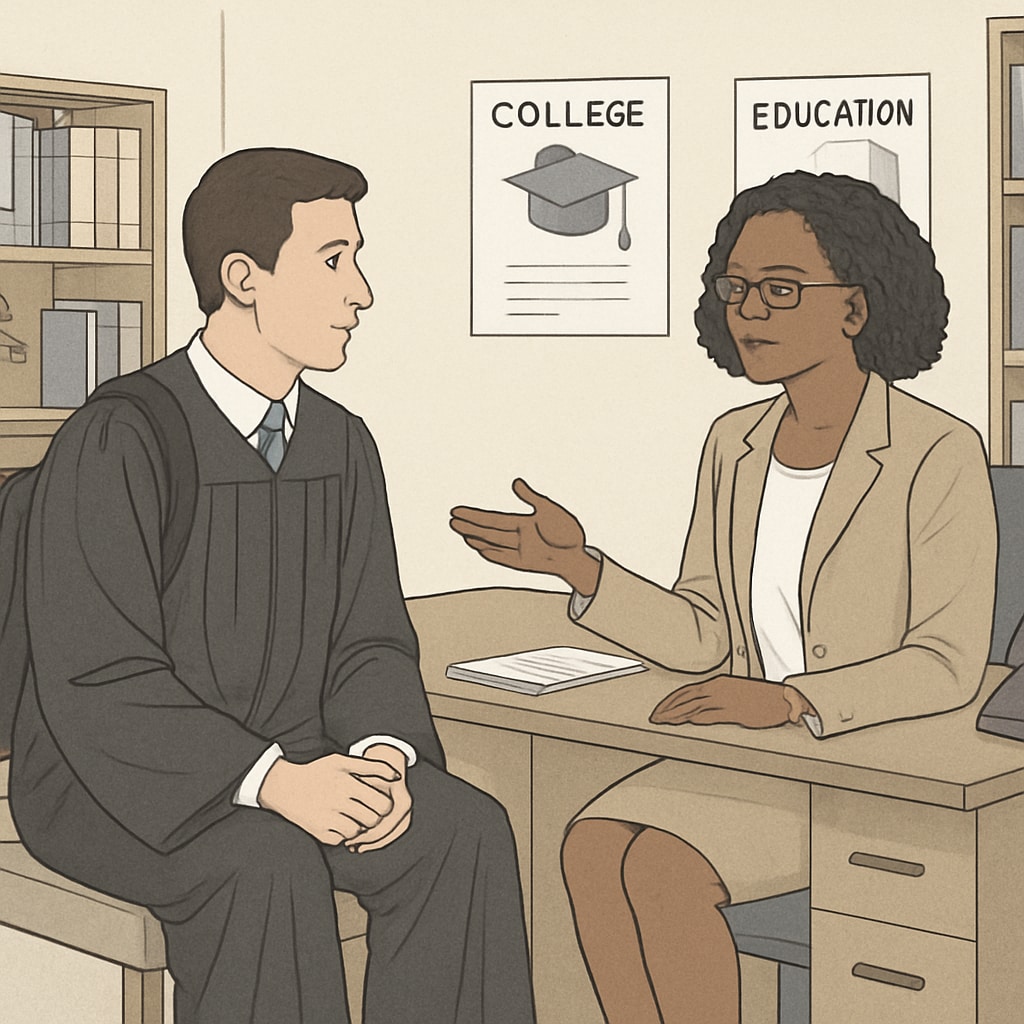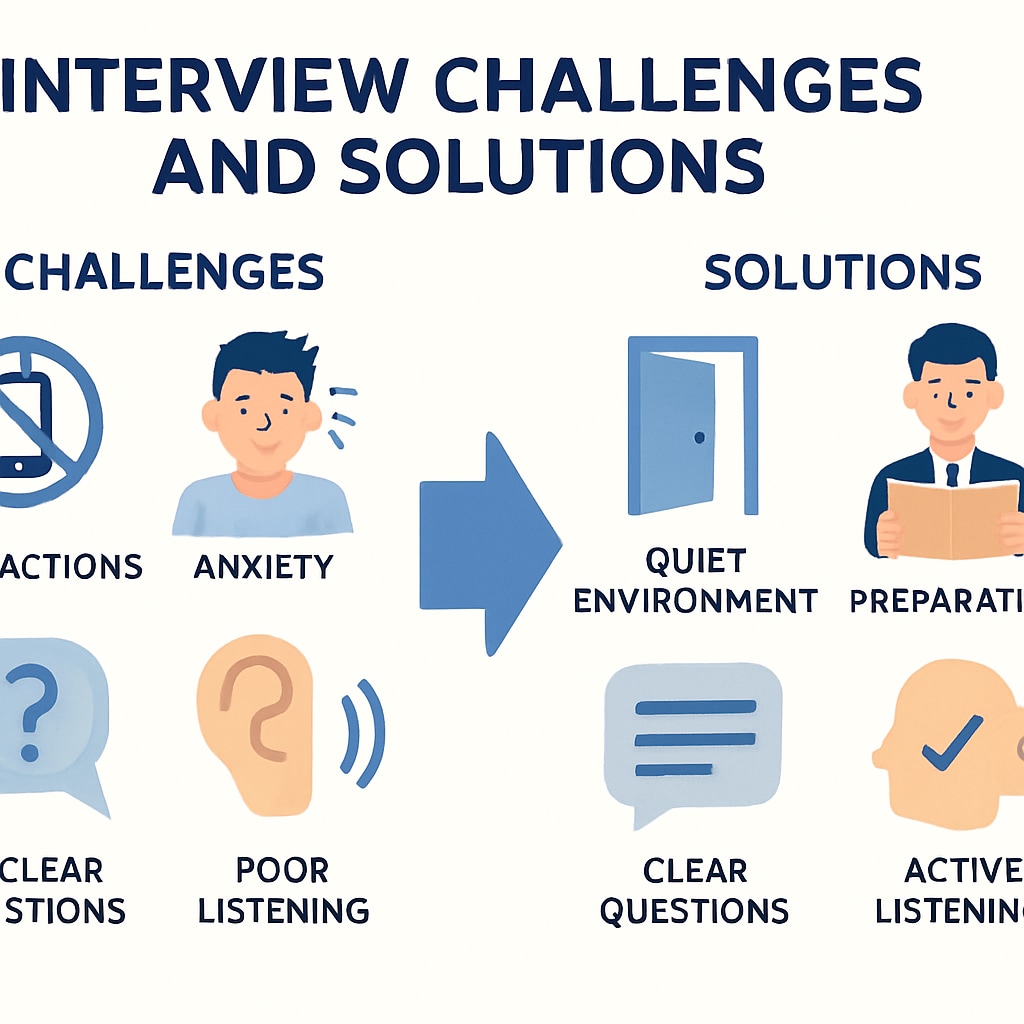Graduate students often encounter challenges while conducting interviews with school counselors for their assignments. These interviews play a vital role in bridging academic theory with practical insights, significantly impacting K12 education research. In this article, we delve into the common obstacles faced during such assignments and present actionable strategies to overcome them. By establishing effective communication channels, students can achieve meaningful and productive interactions with school counselors.

Understanding the Importance of School Counselor Interviews
School counselors are key stakeholders in the education system, providing essential support to students’ academic, emotional, and social development. For graduate students studying education, interviewing counselors offers firsthand insights into the challenges and strategies employed in diverse school environments. These interviews help contextualize theoretical knowledge, enabling students to develop a more nuanced understanding of the educational landscape.
For example, interviewing a counselor might reveal how they address bullying prevention programs or support students with special needs—areas often discussed in textbooks but requiring real-world context to fully understand. As a result, these conversations are not just assignments but opportunities to contribute to the broader field of K12 education research.
Challenges Faced by Graduate Students During Interviews
Despite the importance of these interviews, graduate students often face hurdles in the process. Common challenges include:
- Lack of access: Students may struggle to connect with school counselors due to busy schedules or administrative barriers.
- Communication gaps: Misaligned expectations or unclear objectives can hinder effective dialogue.
- Nervousness: Many students feel intimidated by the prospect of interviewing experienced professionals.
These challenges, while significant, can be mitigated with proper preparation and strategic approaches.

Practical Strategies for Effective Counselor Interviews
To ensure successful interviews with school counselors, graduate students can follow these practical steps:
- Prepare thoroughly: Research the counselor’s background and the school’s context to tailor your questions accordingly. Familiarize yourself with current issues in K12 education to demonstrate your knowledge.
- Reach out professionally: Draft a concise yet polite email introducing yourself, explaining the purpose of the interview, and requesting their availability. Ensure your message is respectful of their time.
- Clarify objectives: Clearly define your goals for the interview and share these with the counselor in advance. Transparency helps establish mutual expectations.
- Practice active listening: During the interview, focus on understanding their perspectives rather than rushing to complete your questions.
- Follow up: Send a thank-you email post-interview, expressing your gratitude and summarizing key takeaways. This builds rapport and professionalism.
By implementing these strategies, students can effectively navigate the complexities of school counselor interviews and gain valuable insights for their assignments.
The Broader Impact on K12 Education Research
Interviews with school counselors contribute significantly to K12 education research by offering direct access to practical experiences and challenges within schools. These insights help shape policies, refine educational practices, and address systemic issues in education. Graduate students, through their assignments, play a crucial role in documenting and analyzing these perspectives.
Moreover, such interviews foster collaboration between academia and educational practitioners, bridging the gap between theoretical frameworks and on-the-ground realities. For students, the process also builds critical skills in communication, empathy, and professional networking—qualities essential for future educators and researchers.
In conclusion, conducting interviews with school counselors is a unique opportunity for graduate students to bridge theory and practice, contributing to their academic growth and the broader field of education research. By overcoming challenges and implementing effective strategies, students can create meaningful dialogues and expand their understanding of K12 education systems.


